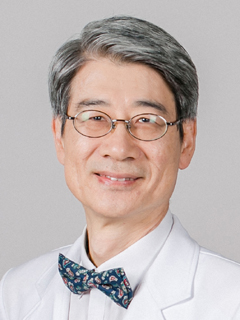A local researcher proposed a new theory that genital infections in women could cause and worsen endometriosis, a chronic gynecological disorder.

Lee Sung-ki, a professor of the Department of Obstetrics and Gynecology at Konyang University, said on Thursday he identified a new mechanism in endometriosis, and his paper was published in the latest issue of Frontiers in Immunology, a leading international journal.
Endometriosis refers to a condition in which the endometrial tissue abnormally grows outside of the uterus instead of inside of it. It is a common disease that occurs in 10-15 percent of women in childbearing years.
However, researchers had not revealed exactly yet why endometriosis occurs and only assumed that menstrual reflux, immunological factors, and genetic factors could cause the disease.
Lee said his findings showed that infection with Ureaplasma urealyticum, common bacteria in the uterus and vagina, caused inflammation in the peritoneal cells and contributed to the development of endometriosis.
“As the pelvic infection contributes to the initiation and progression of endometriosis, appropriate treatment of reproductive tract infection may decrease the prevalence of endometriosis,” Lee said.

